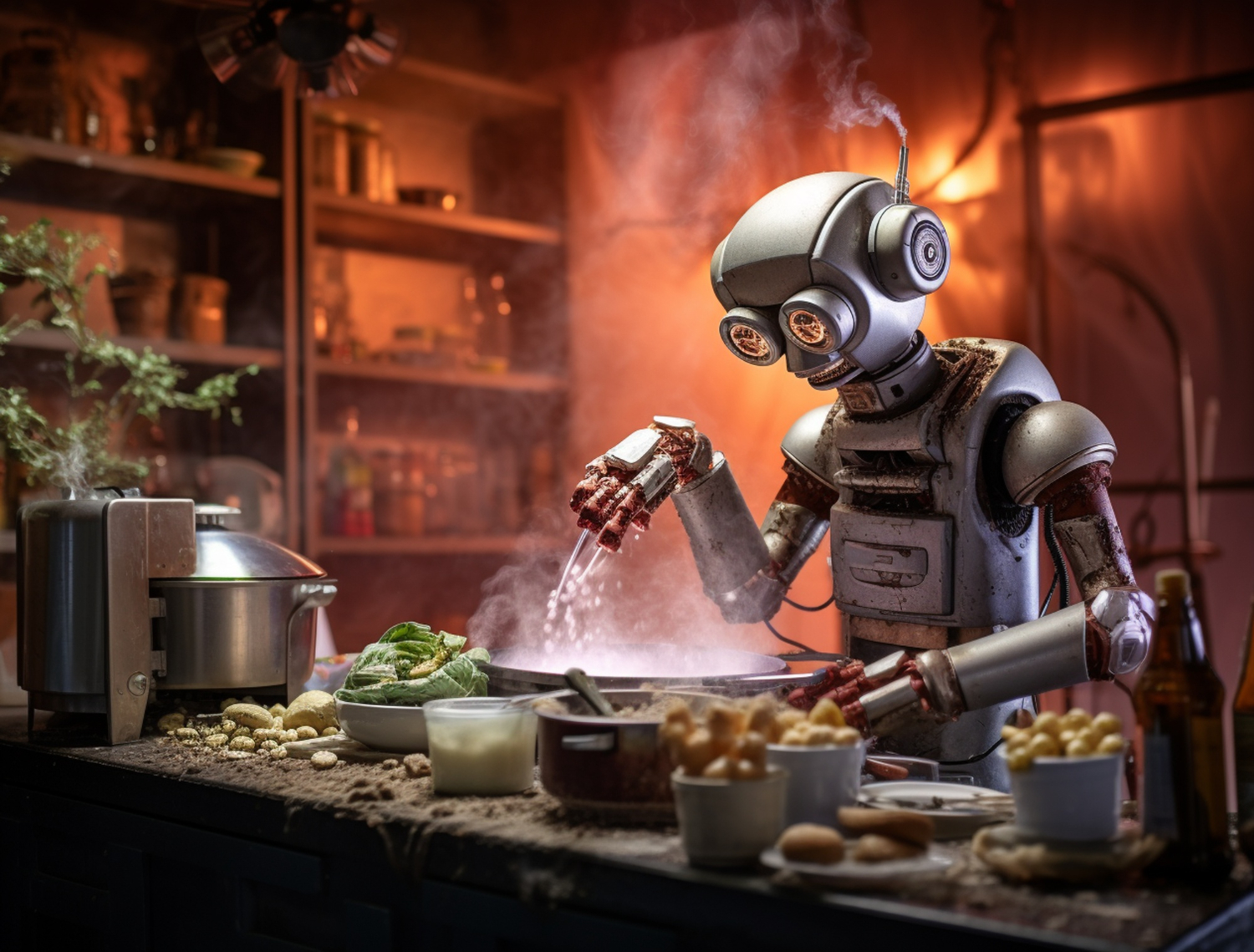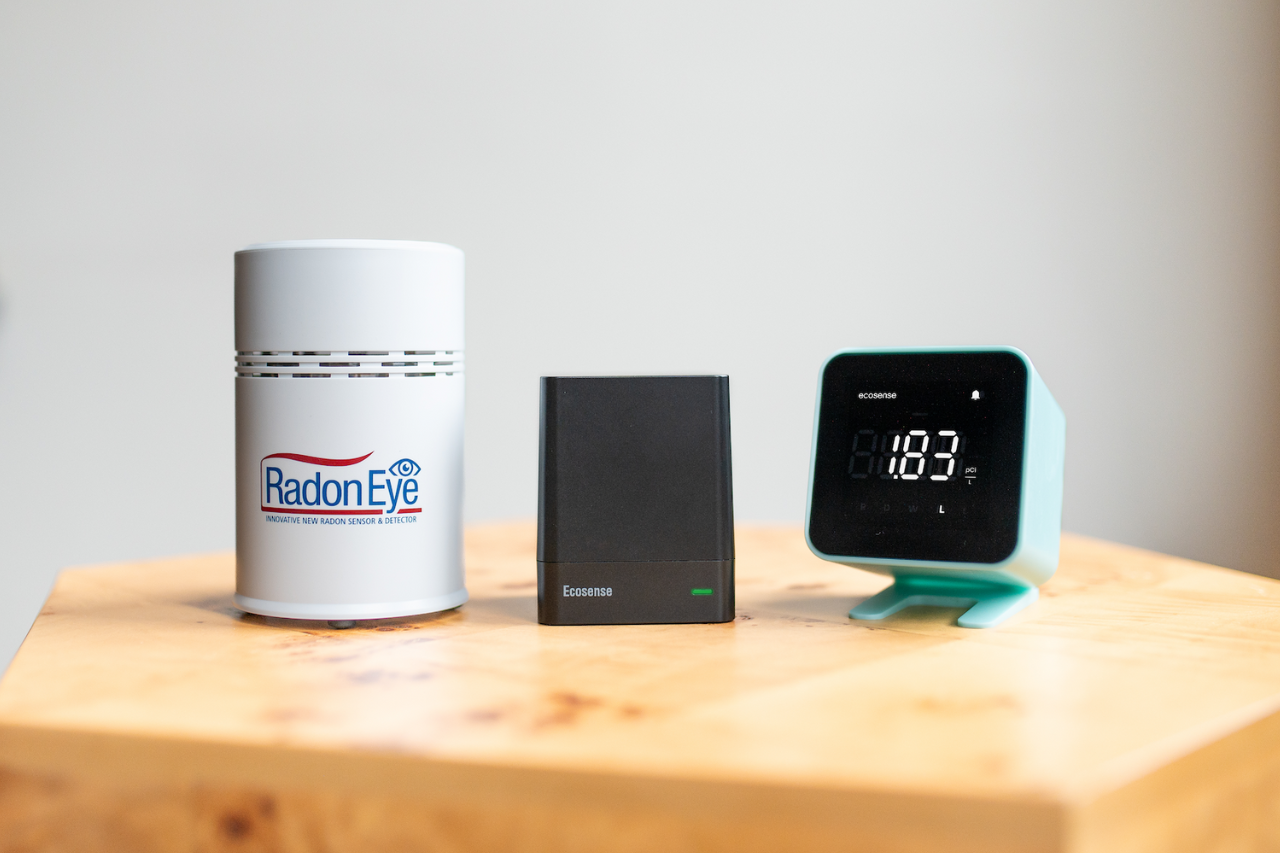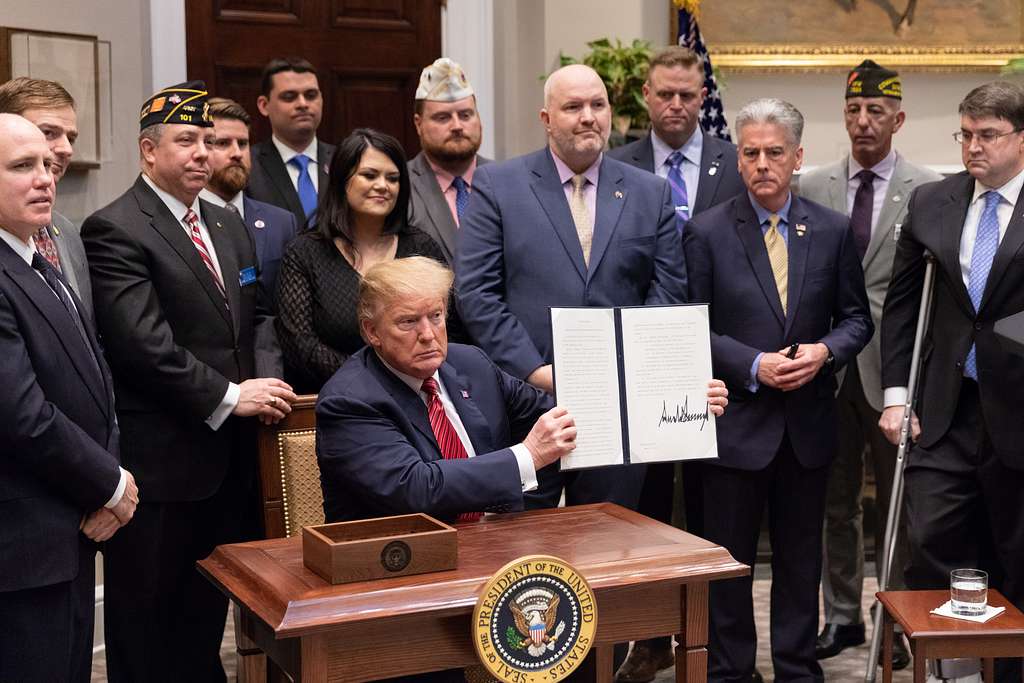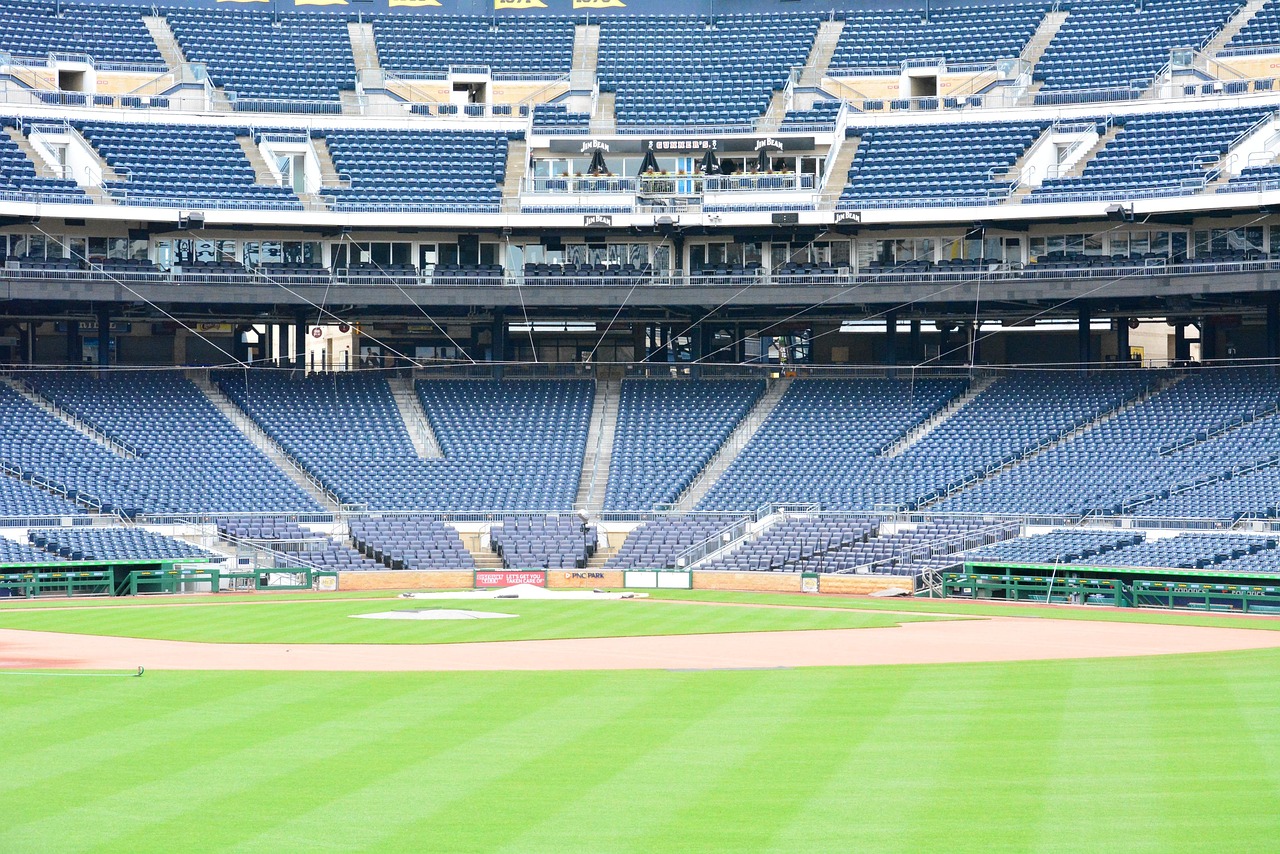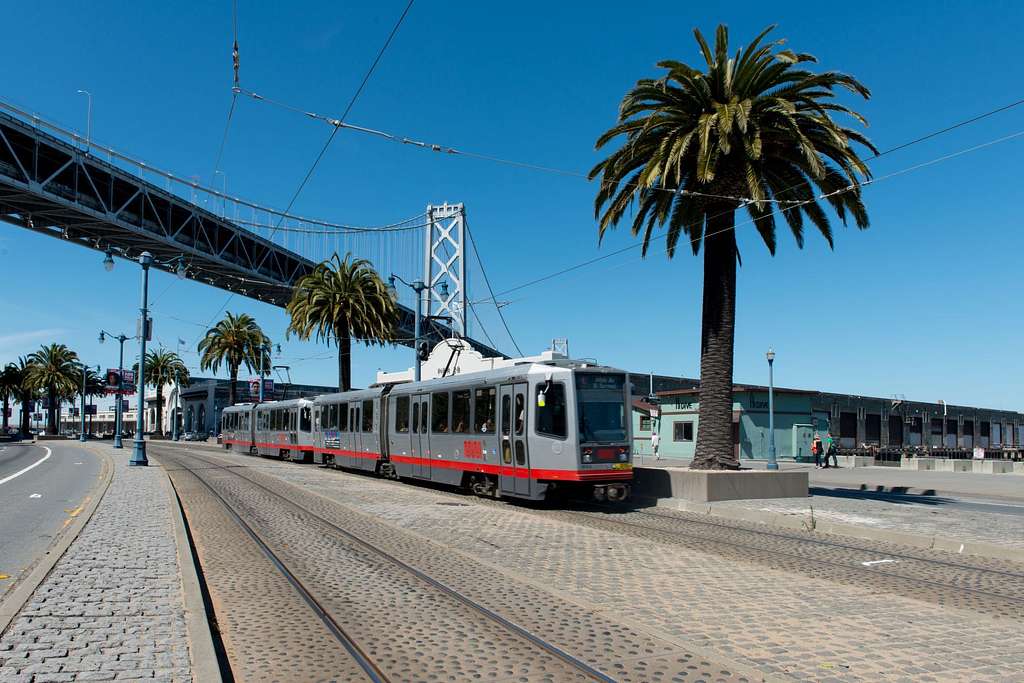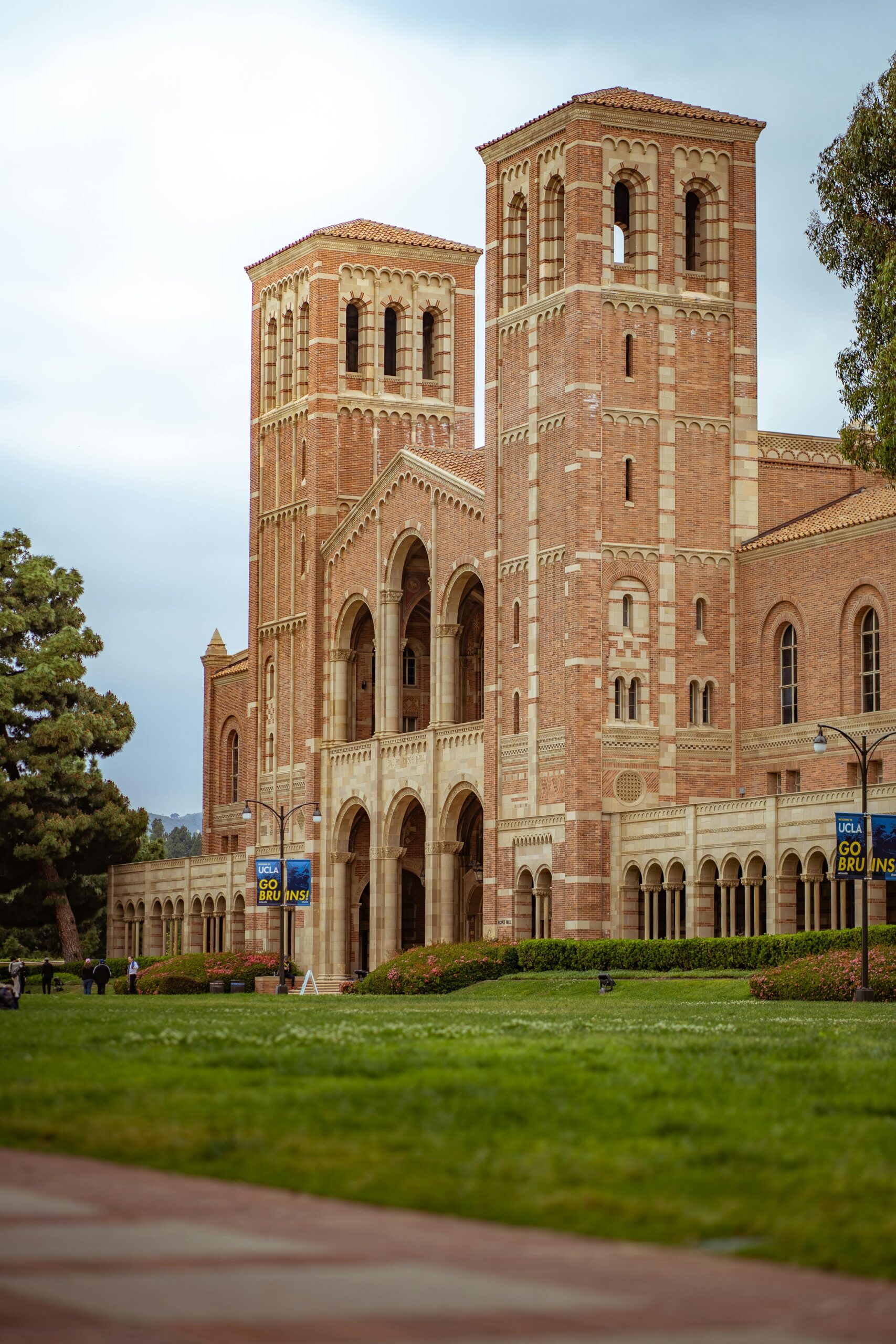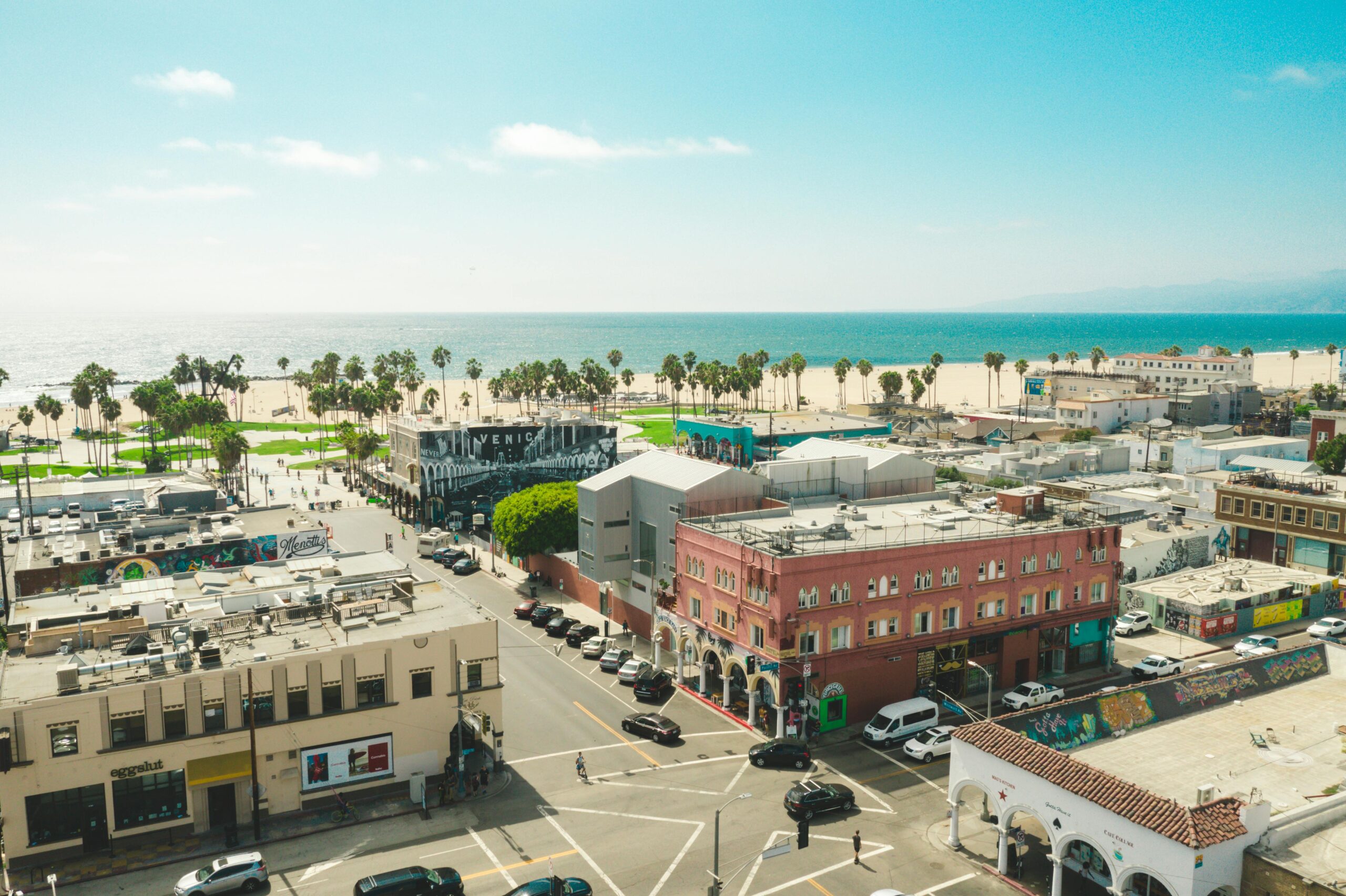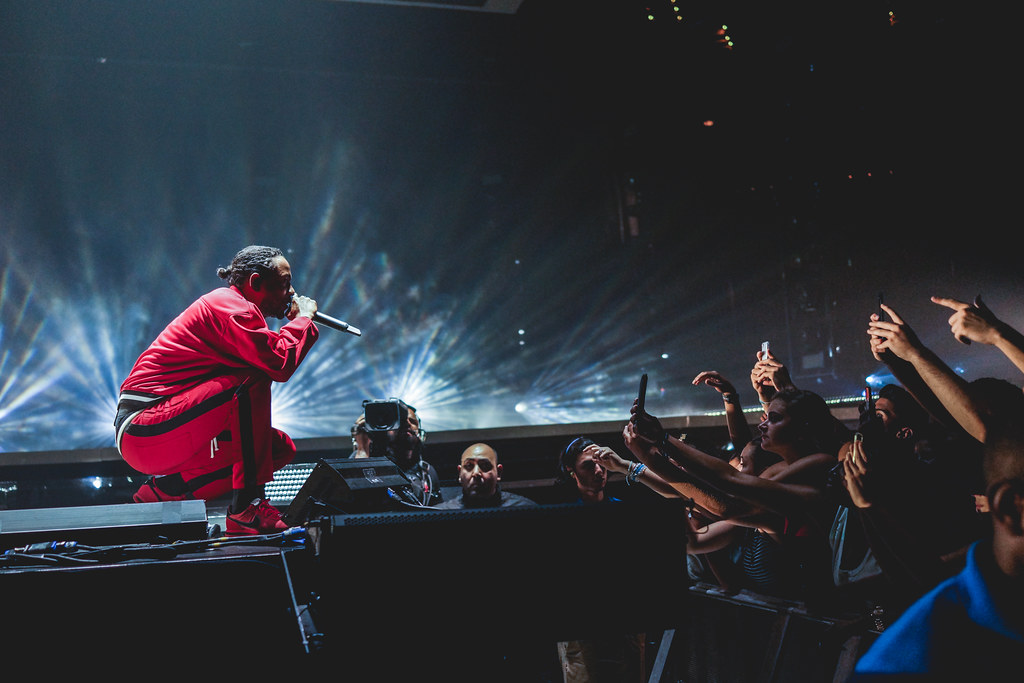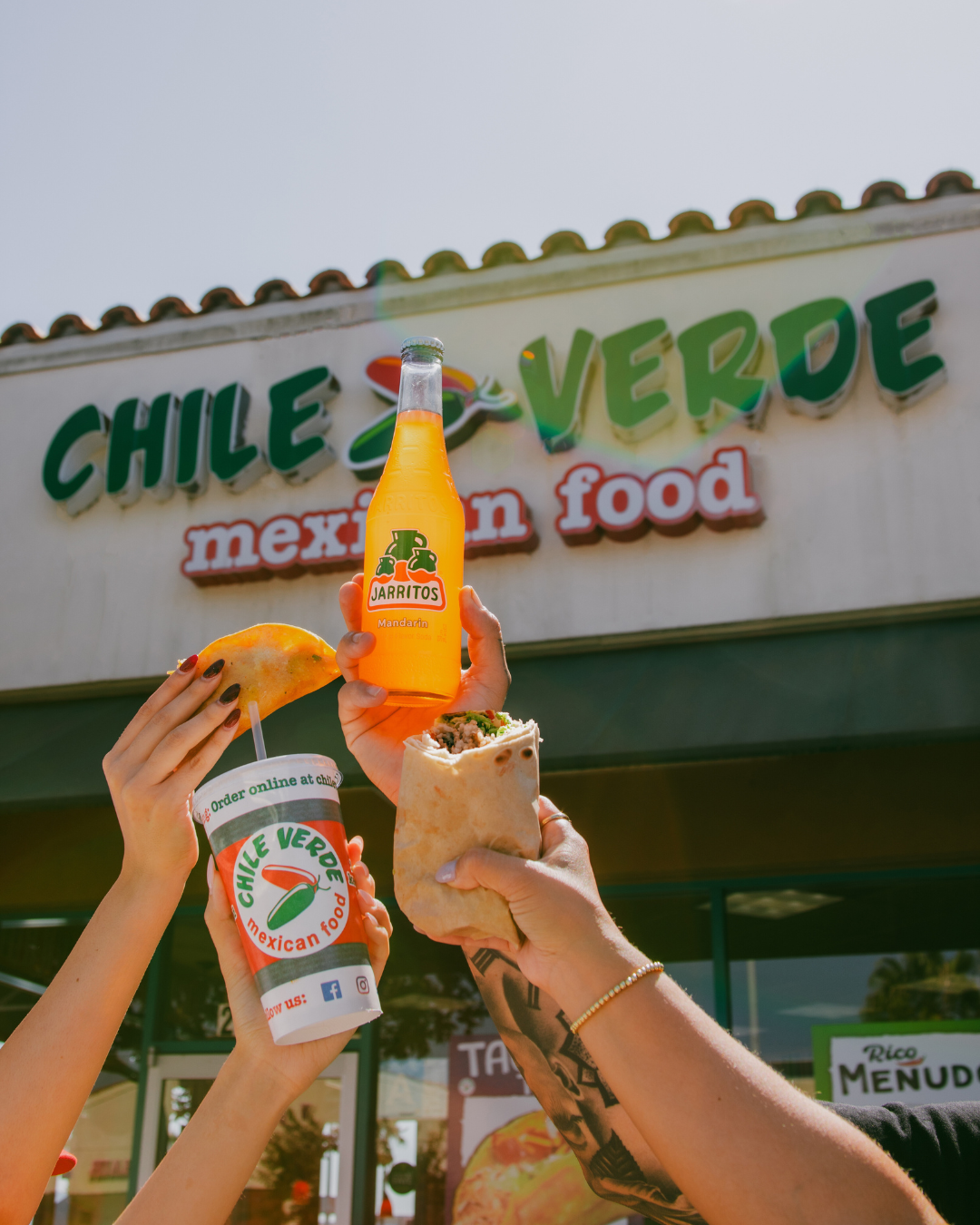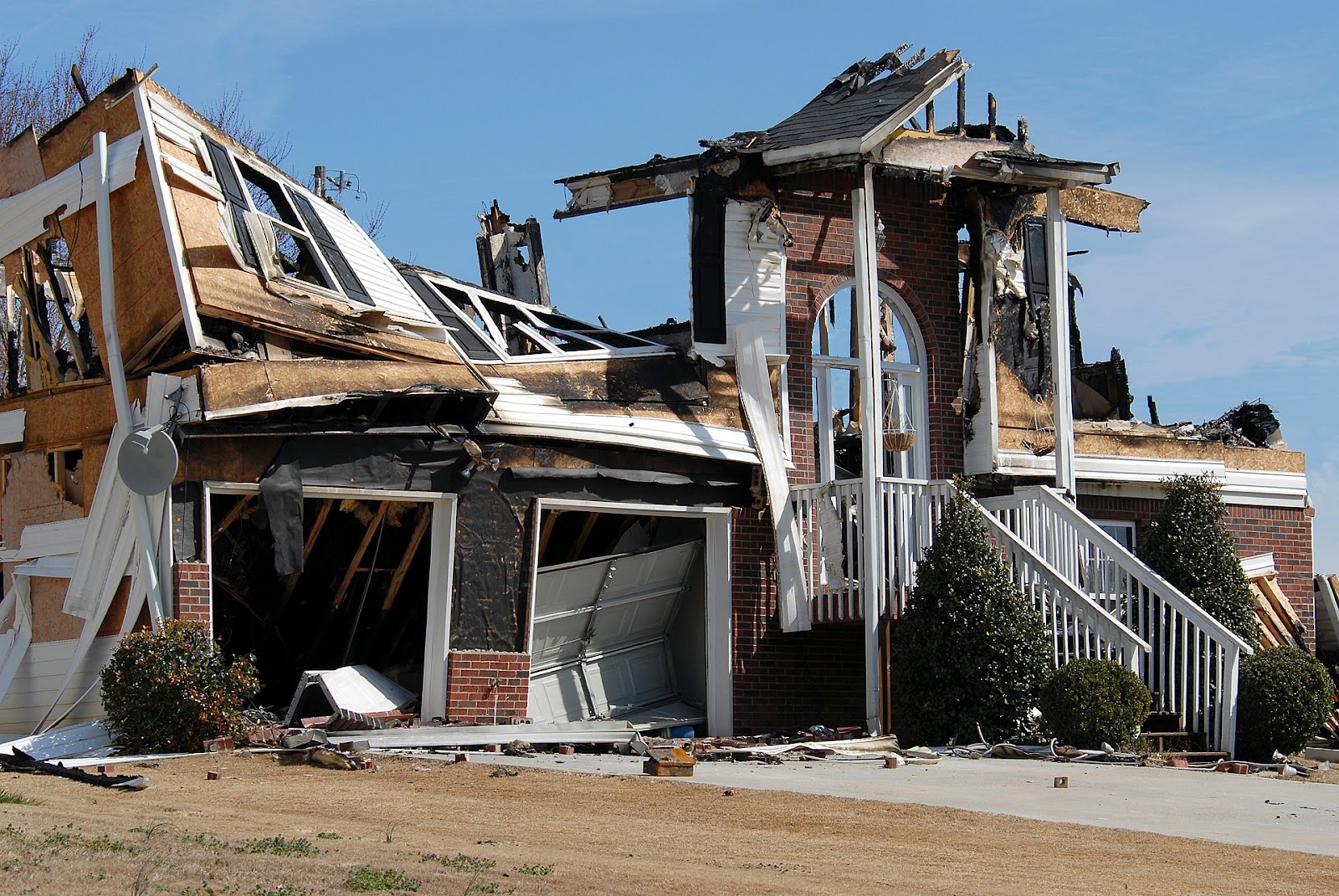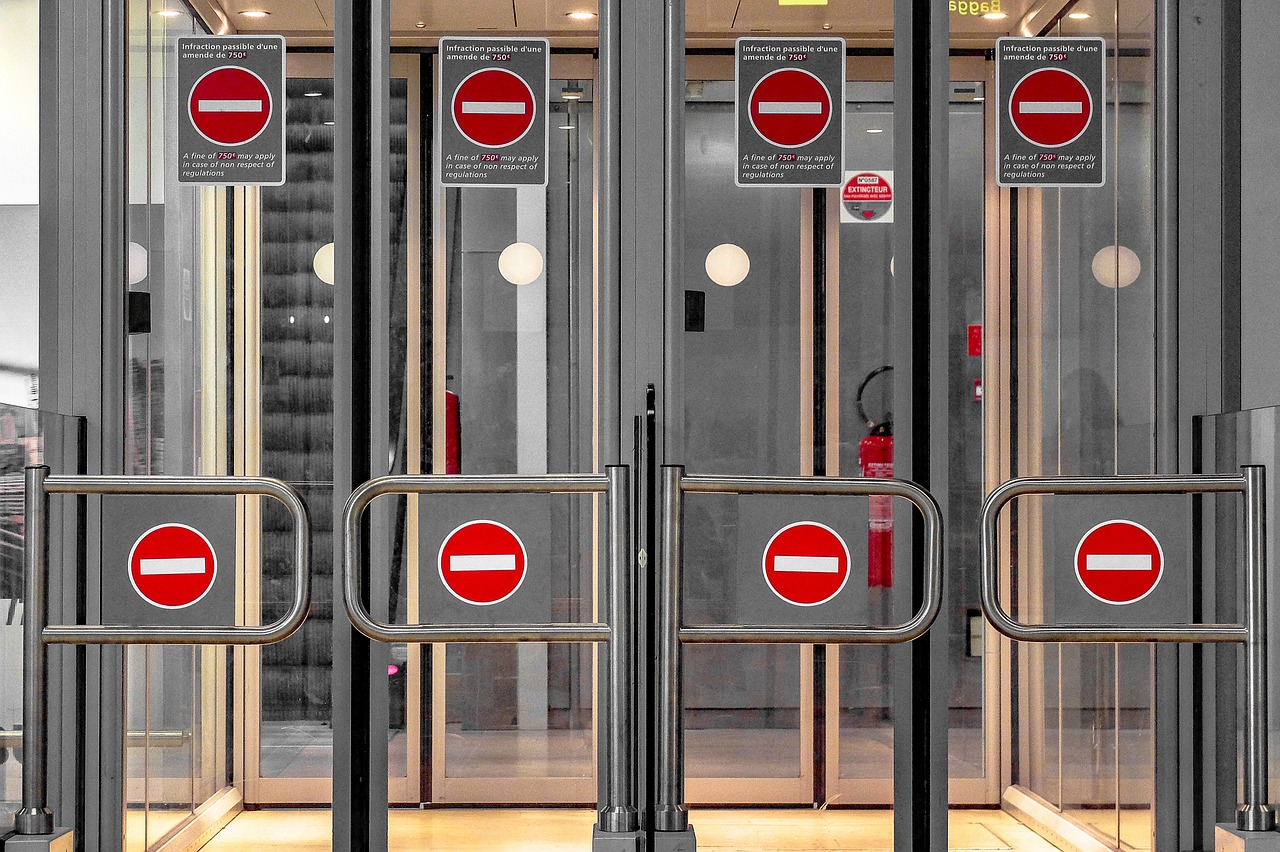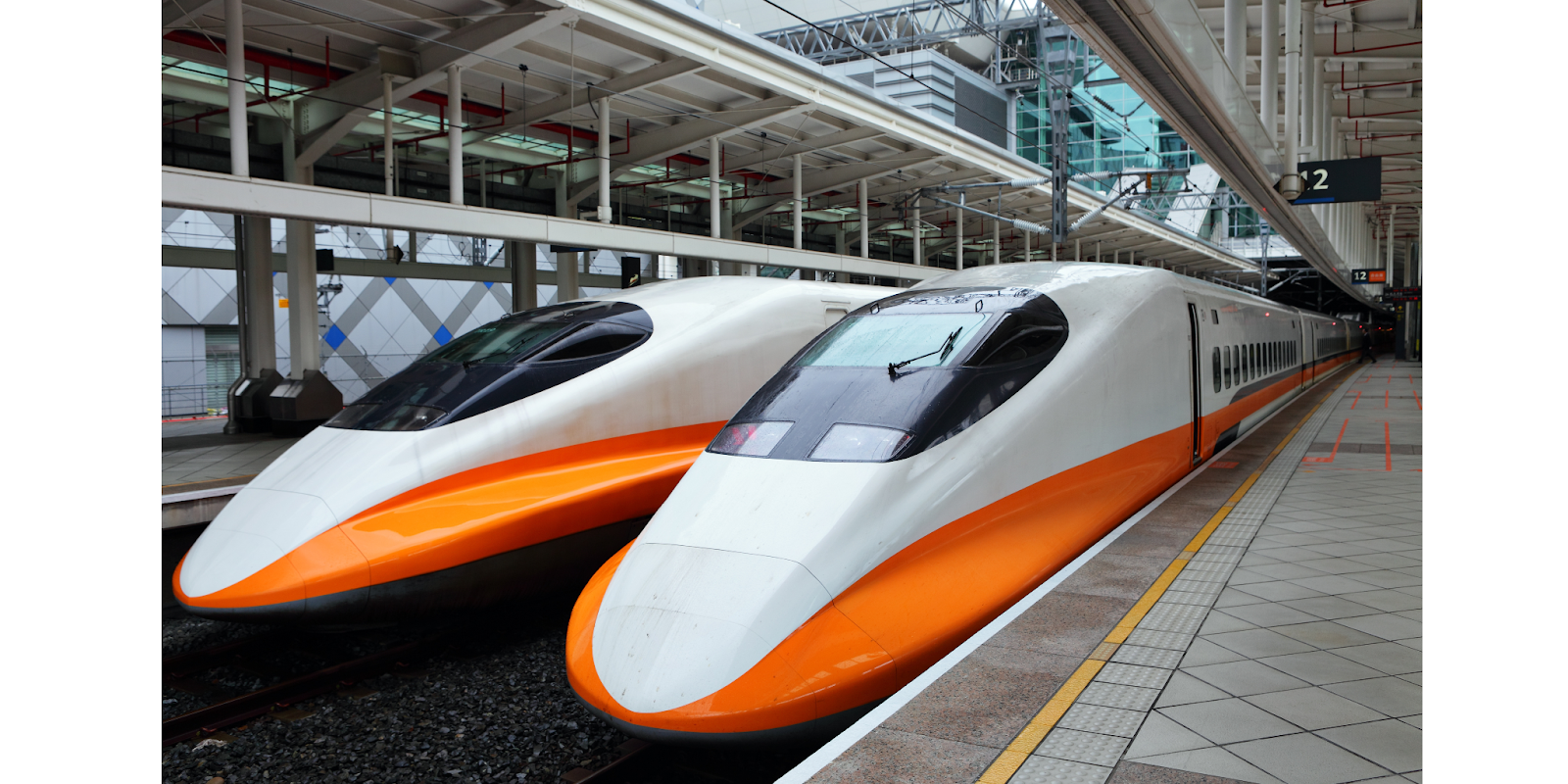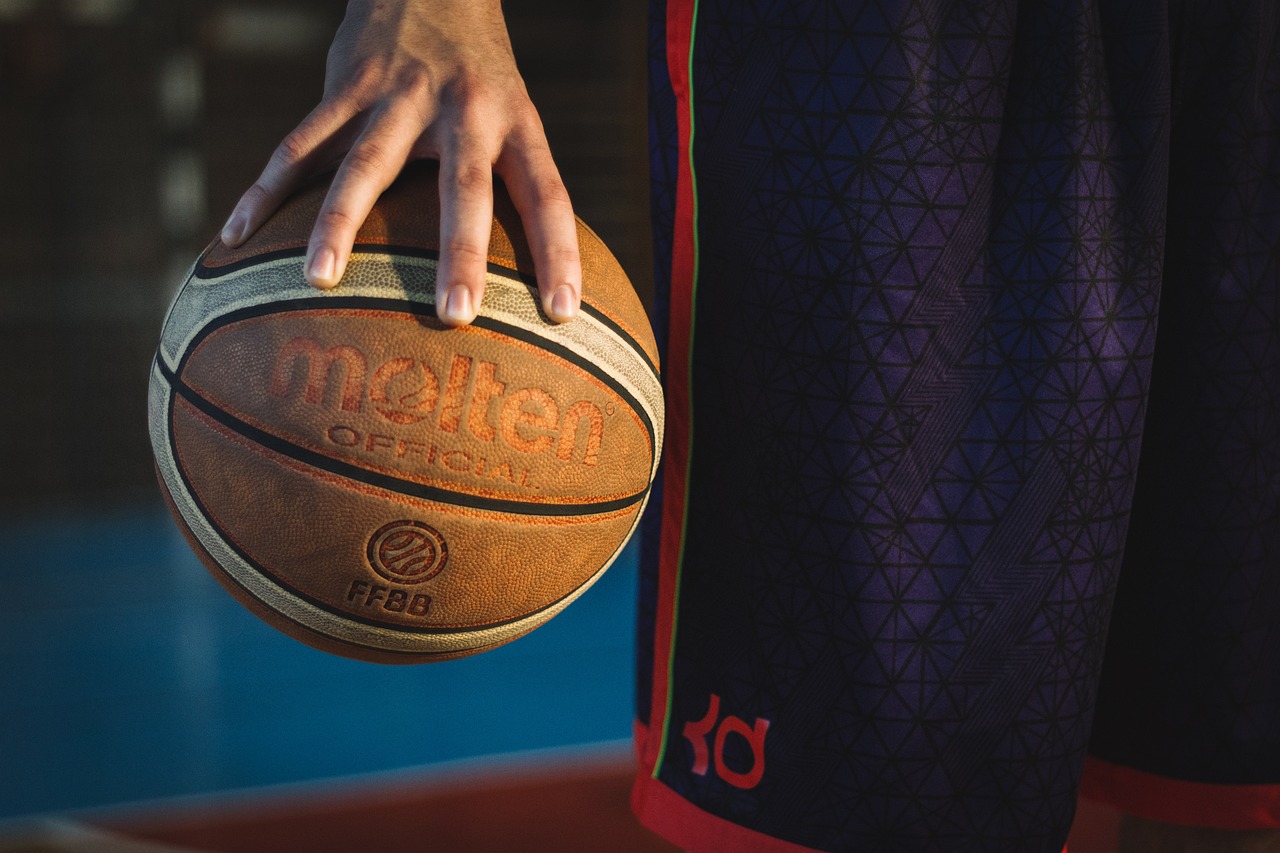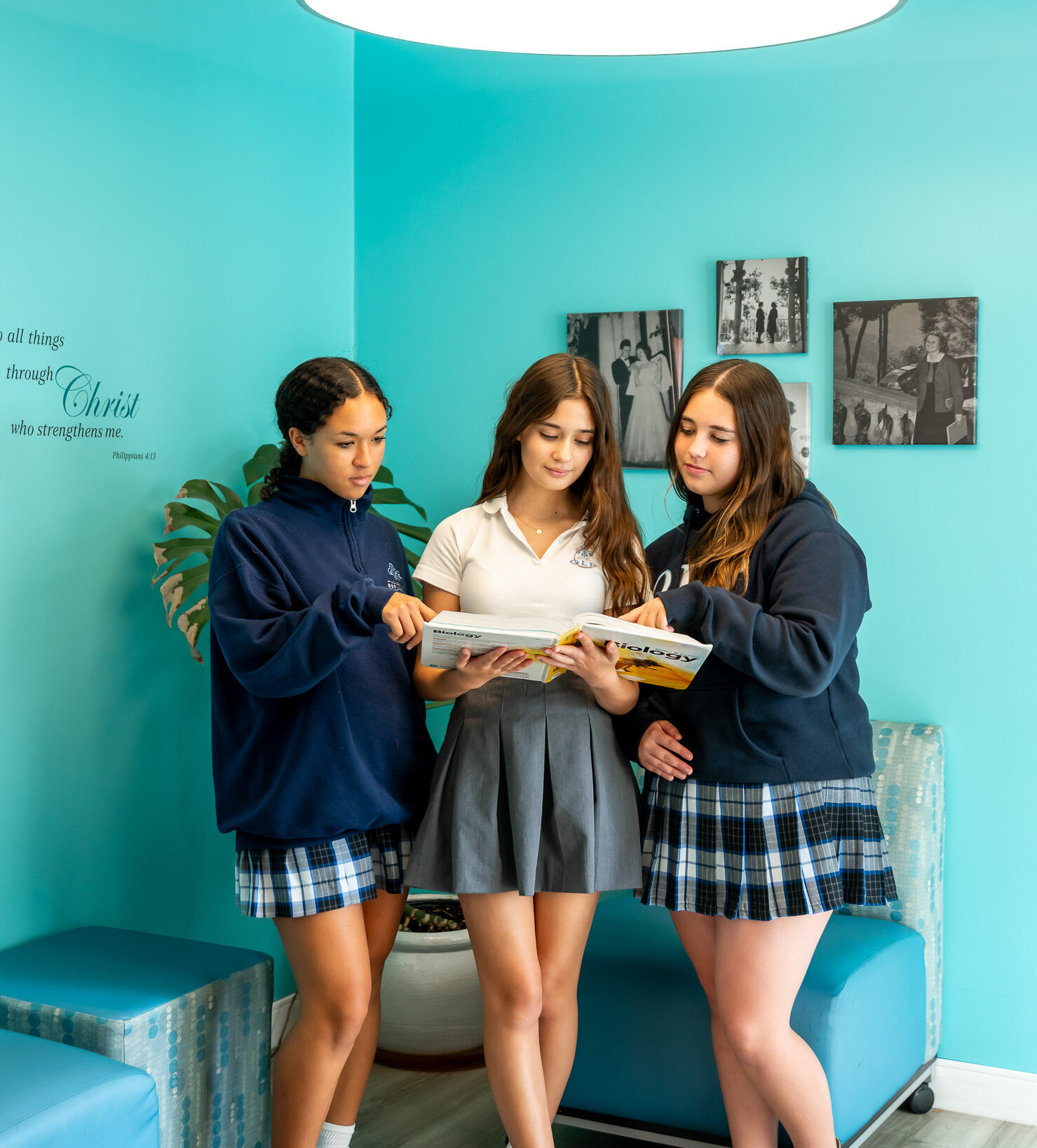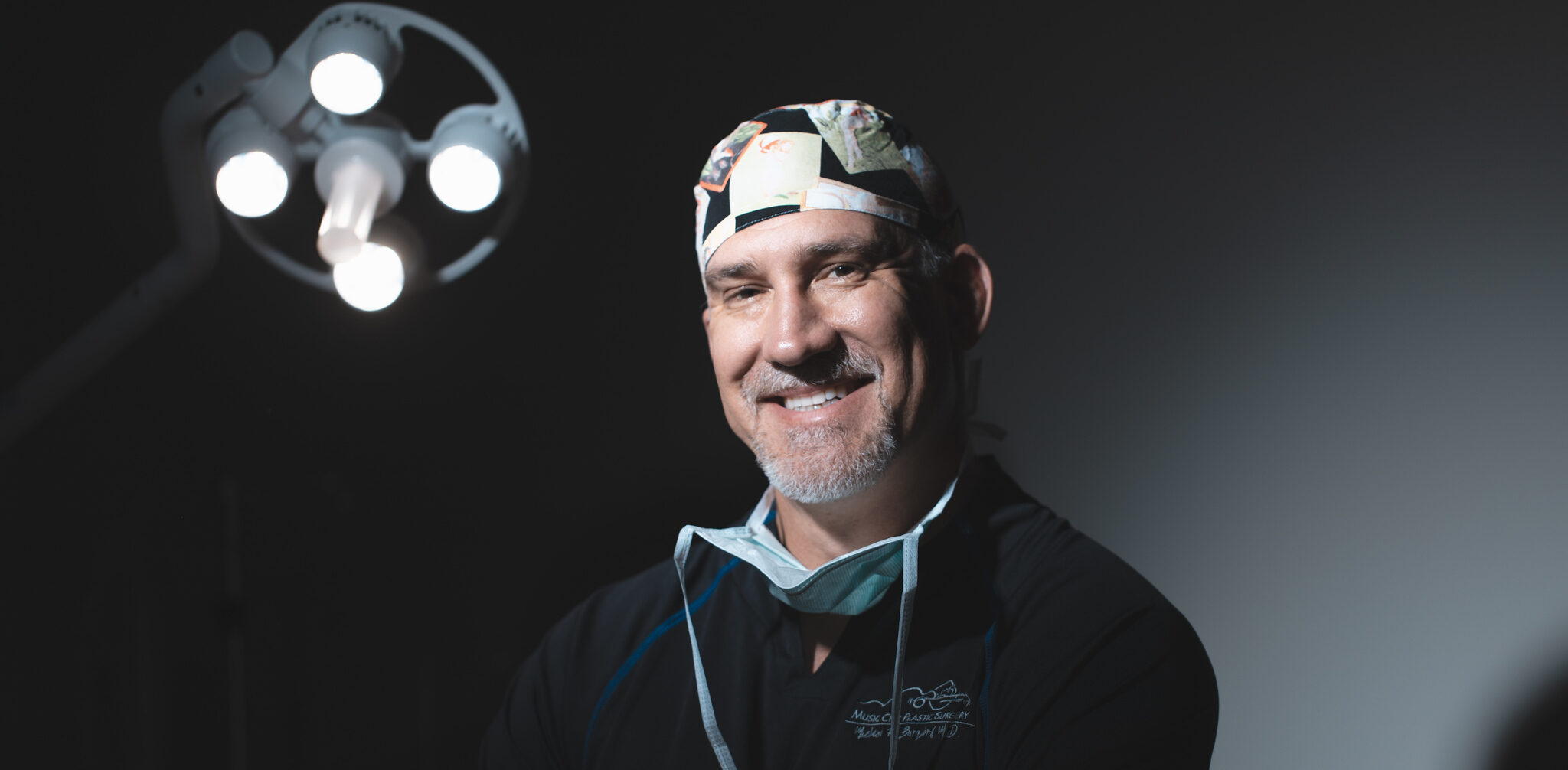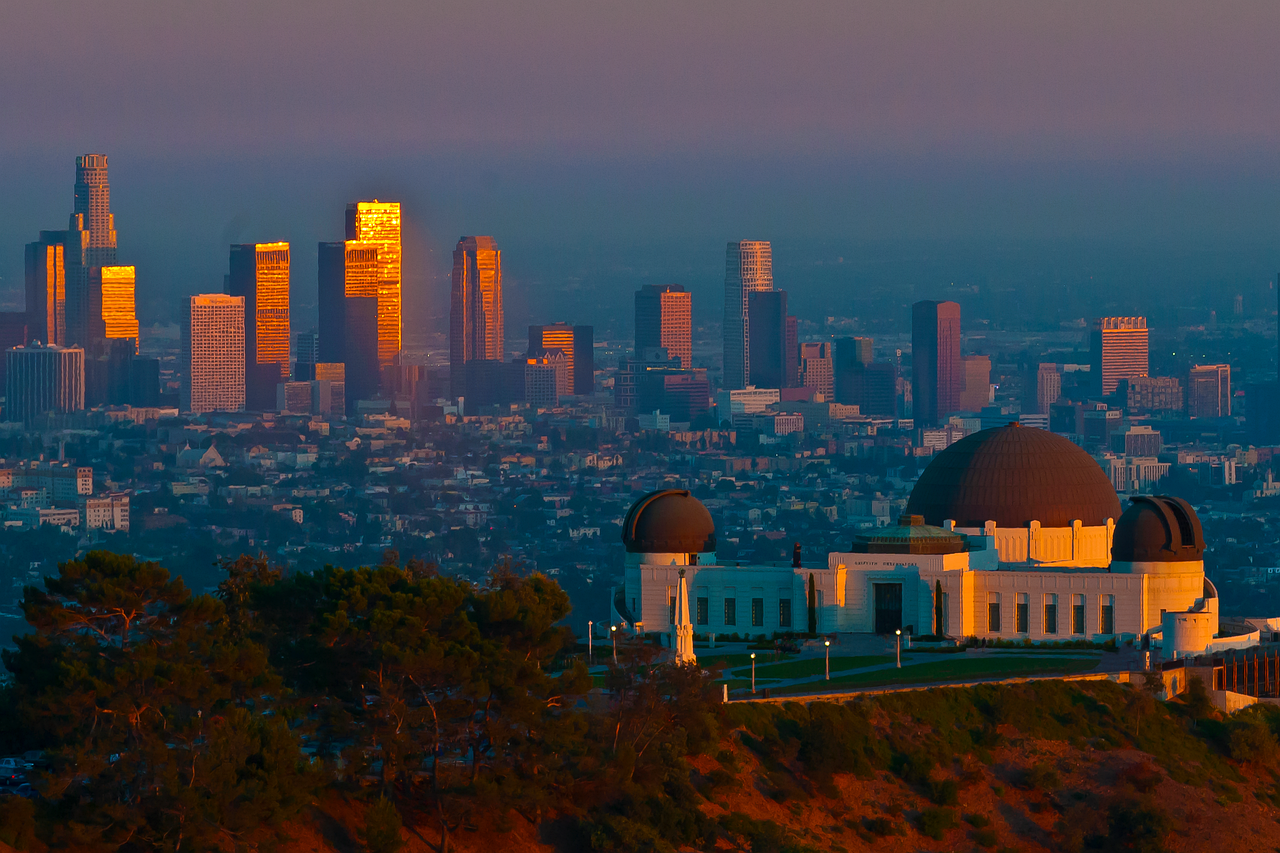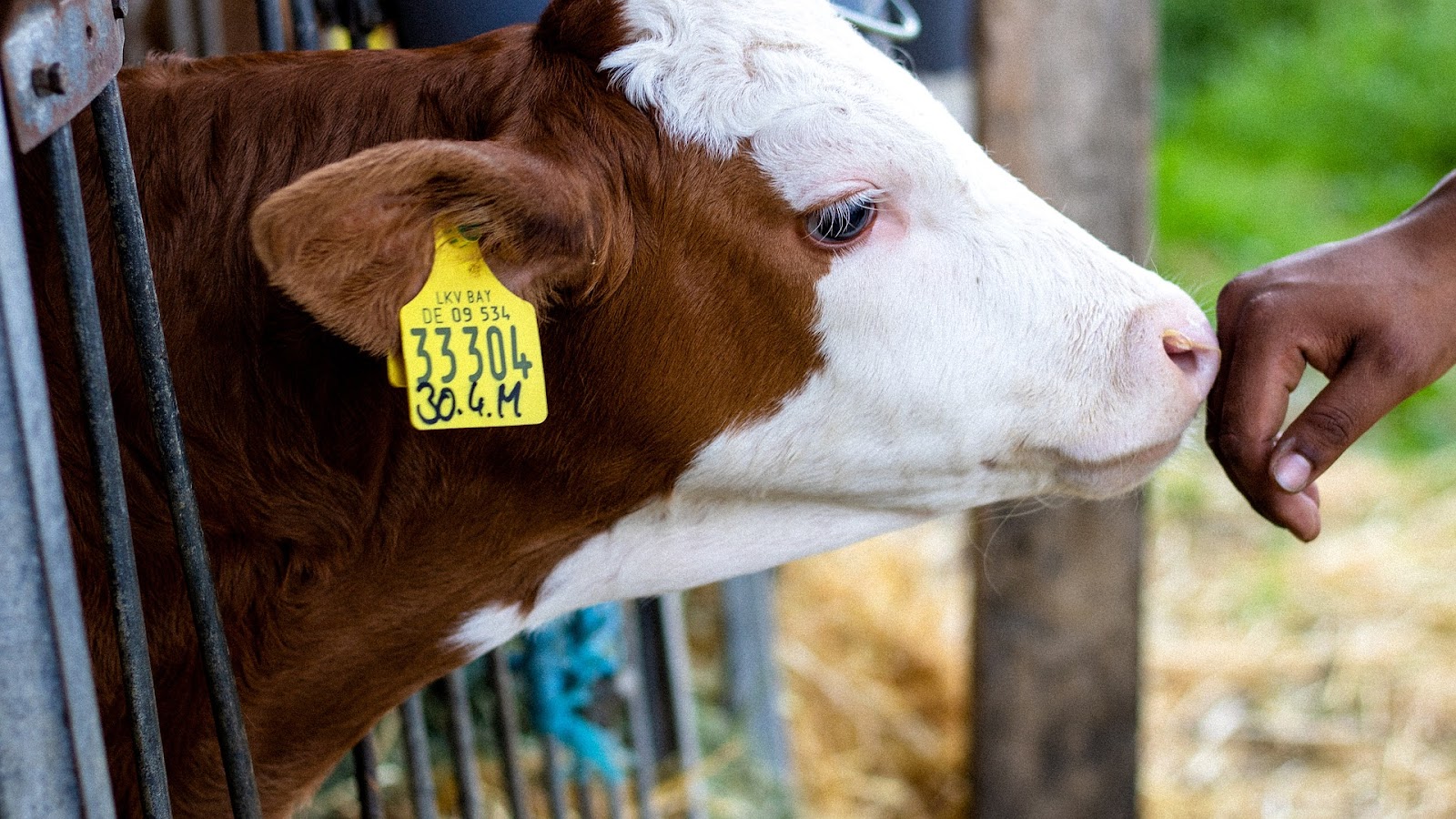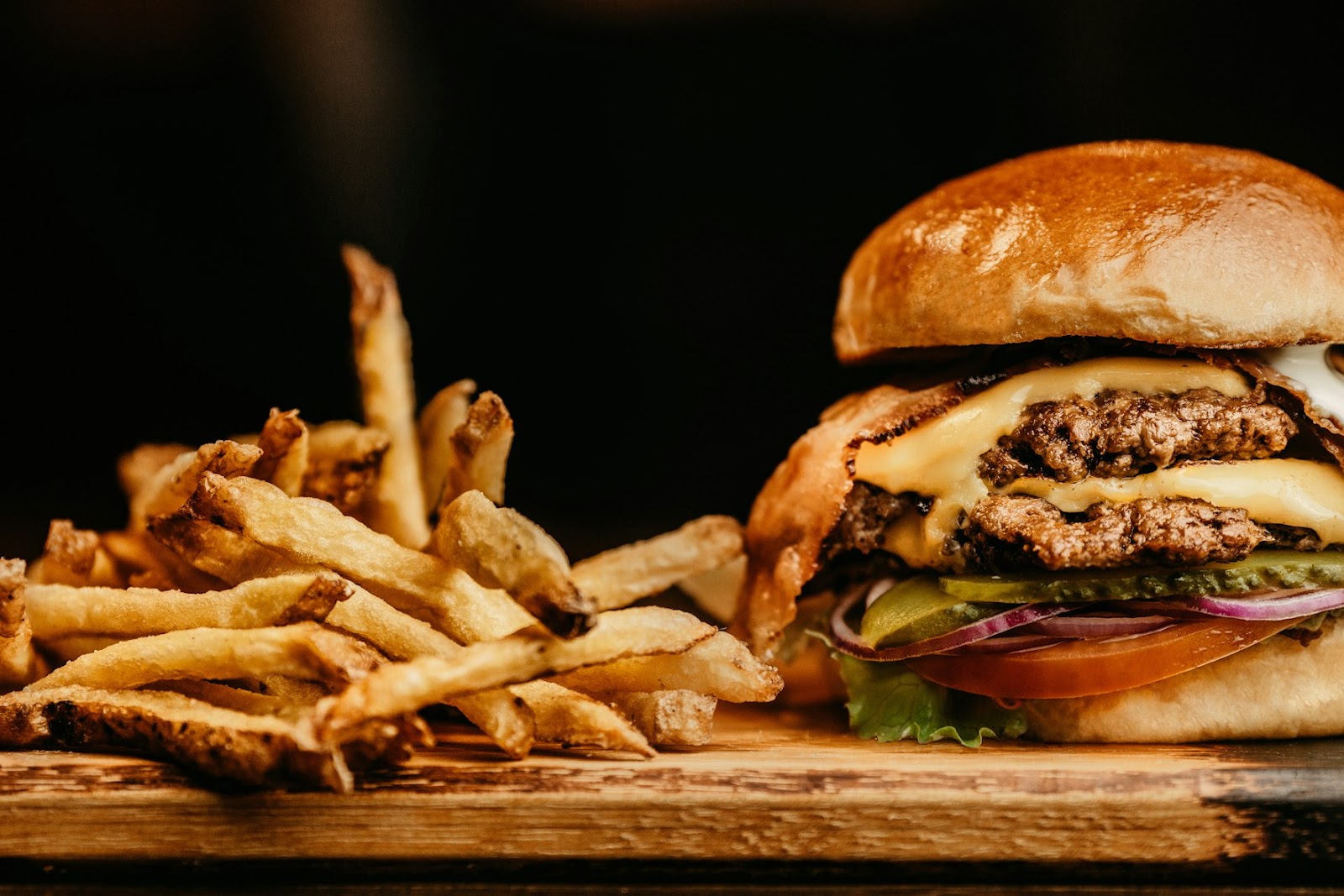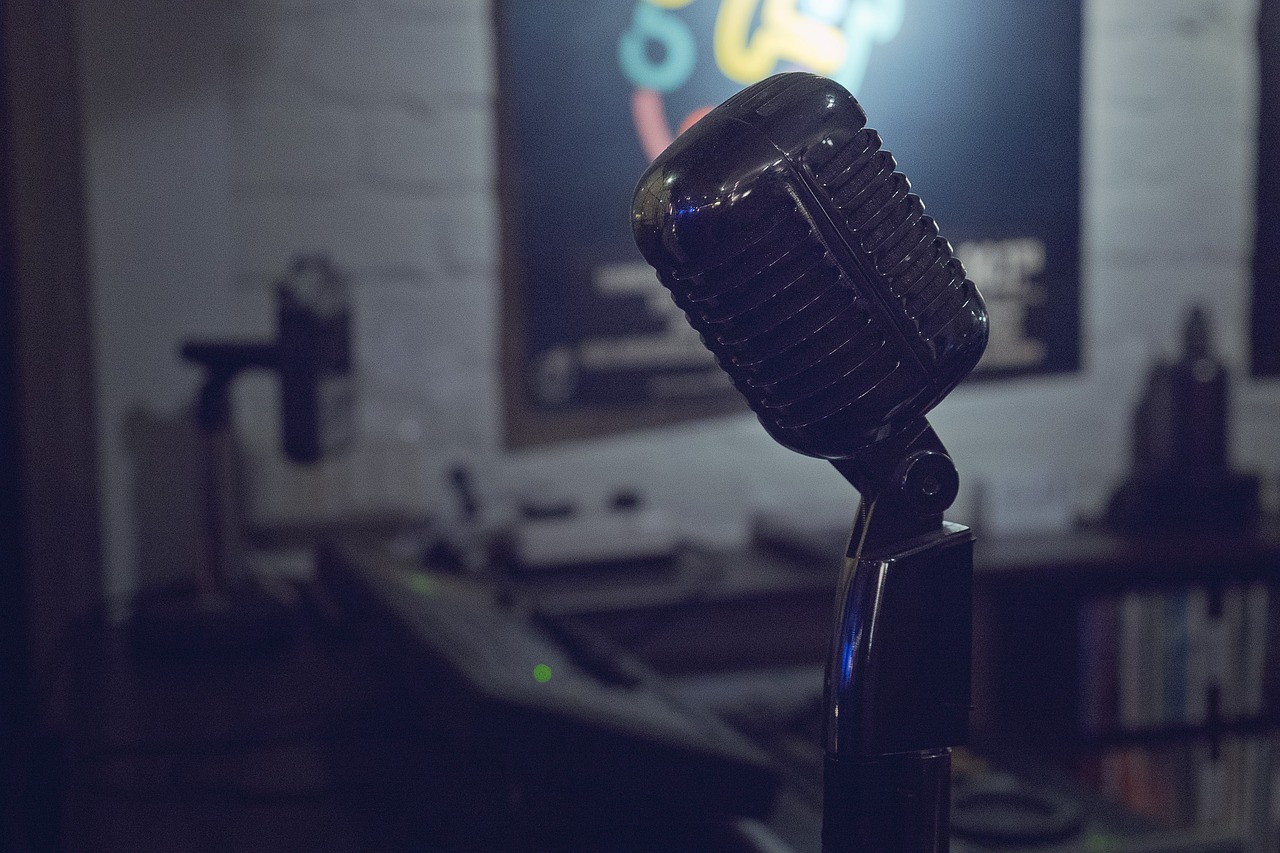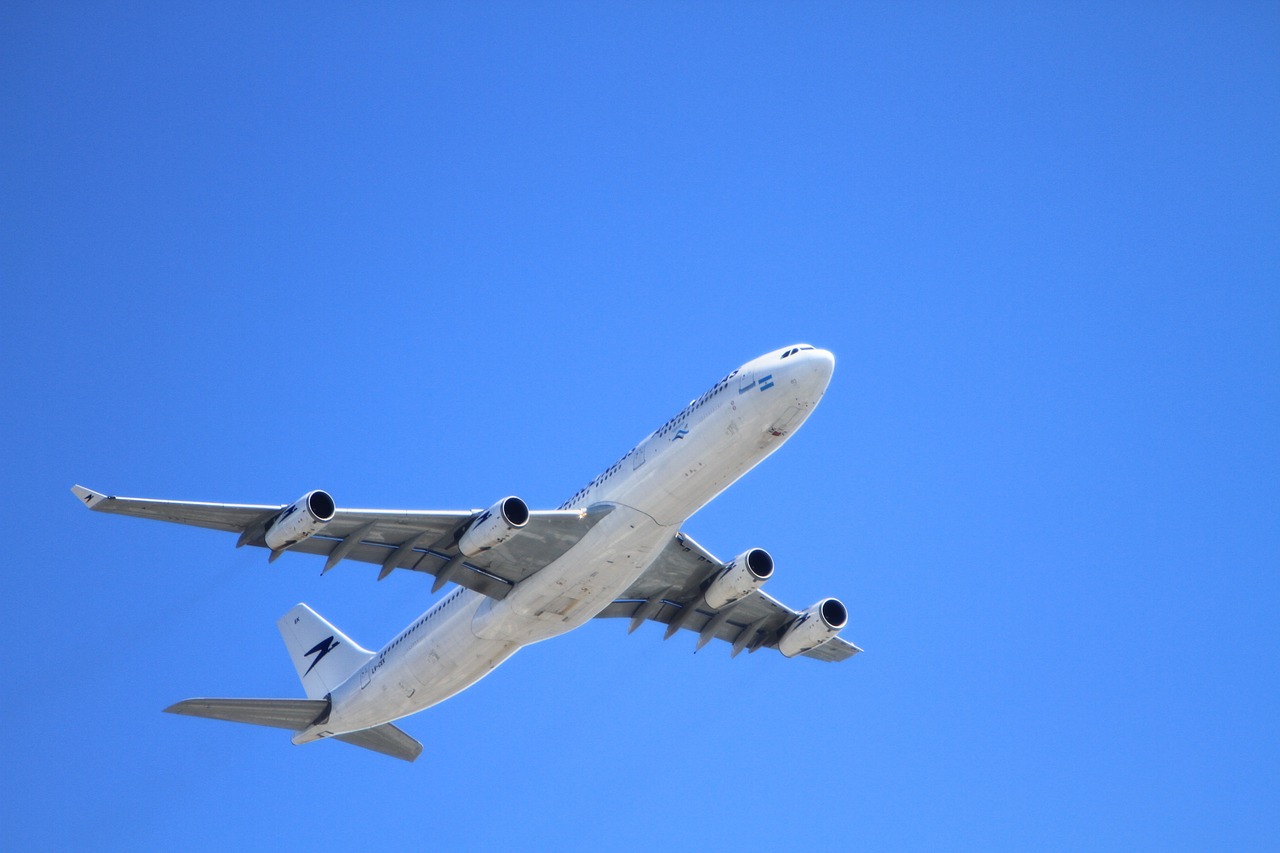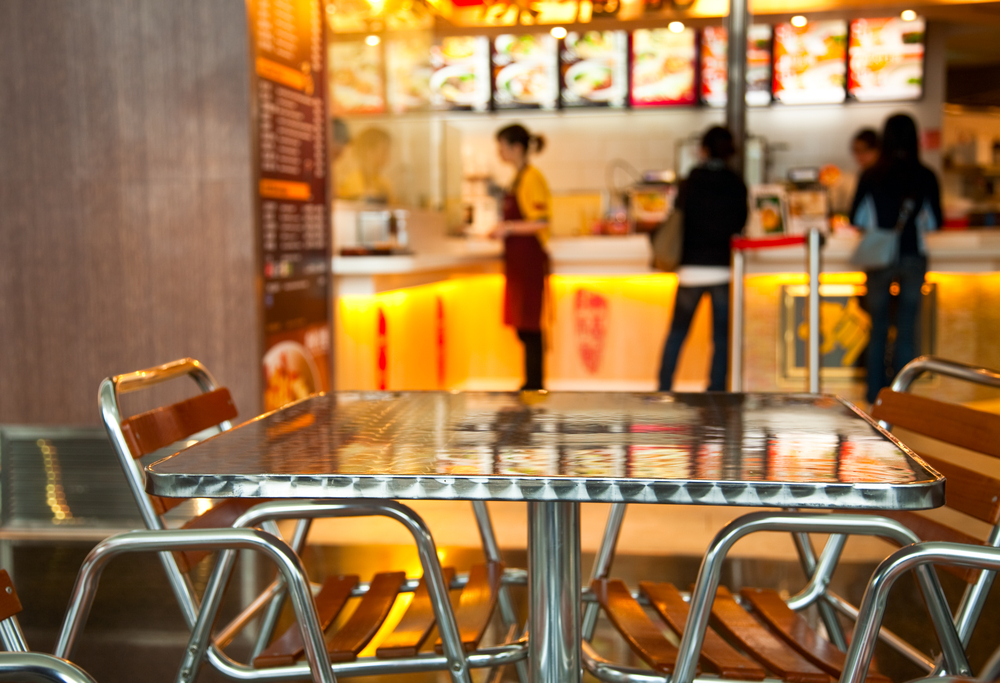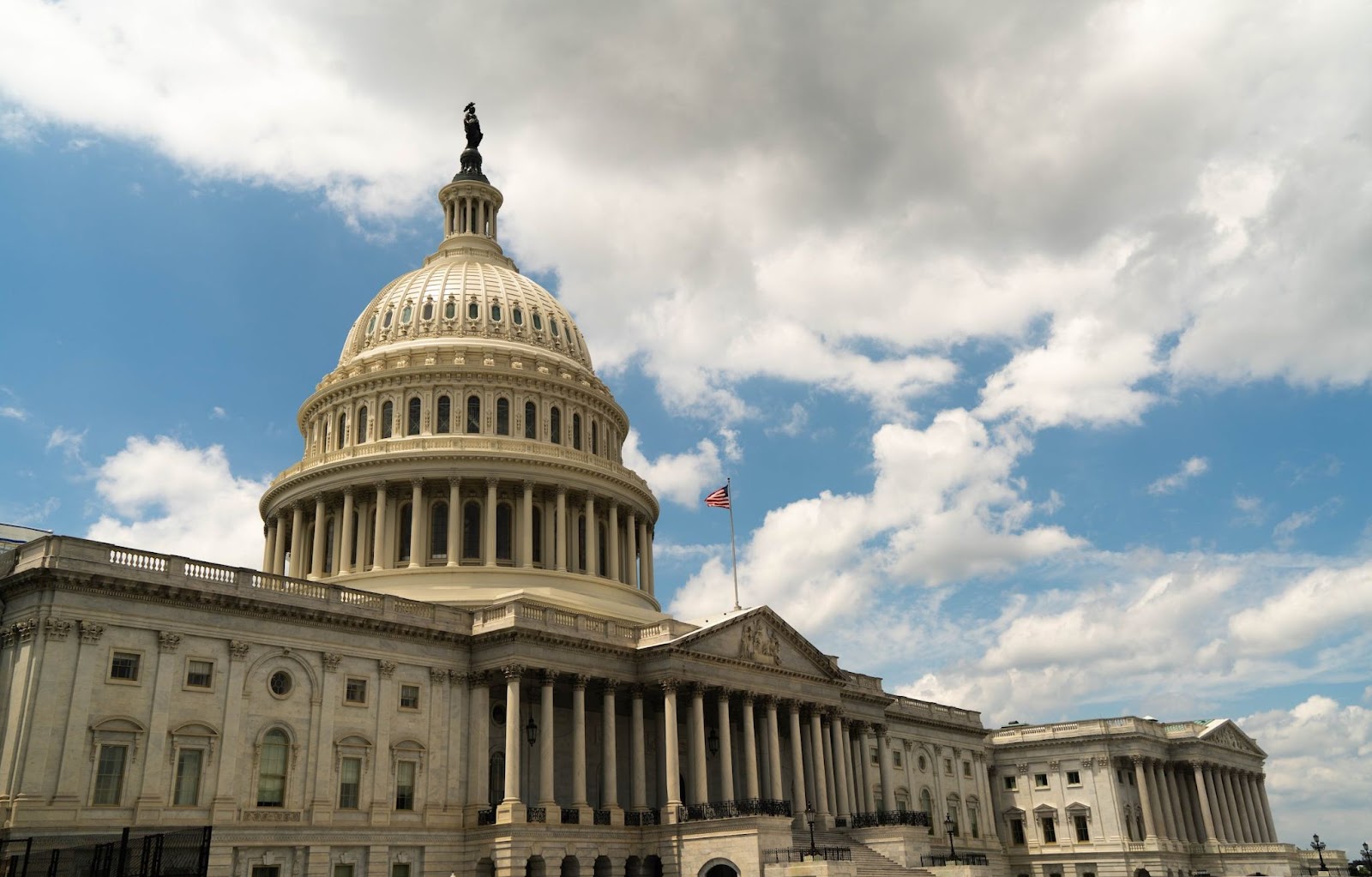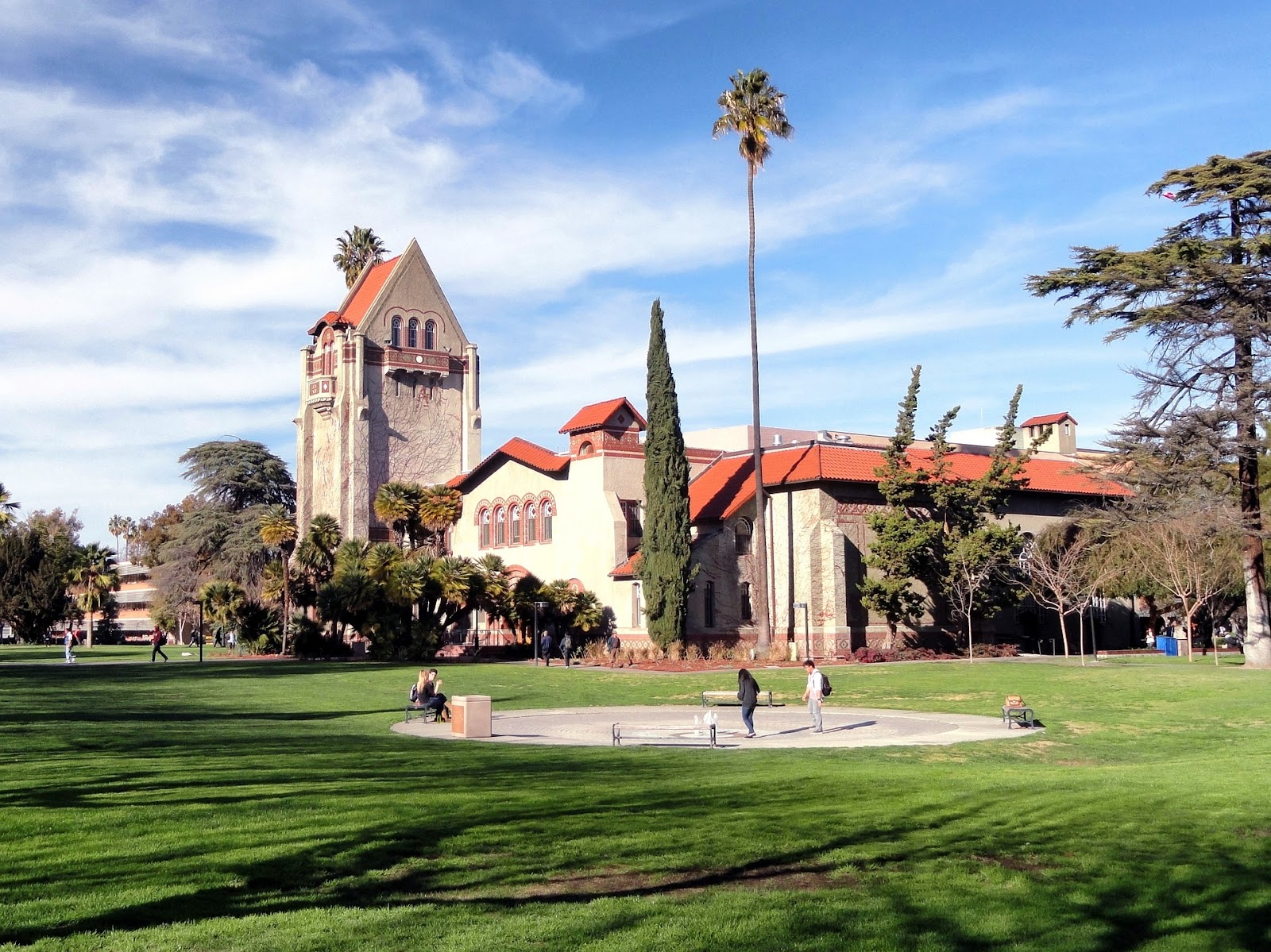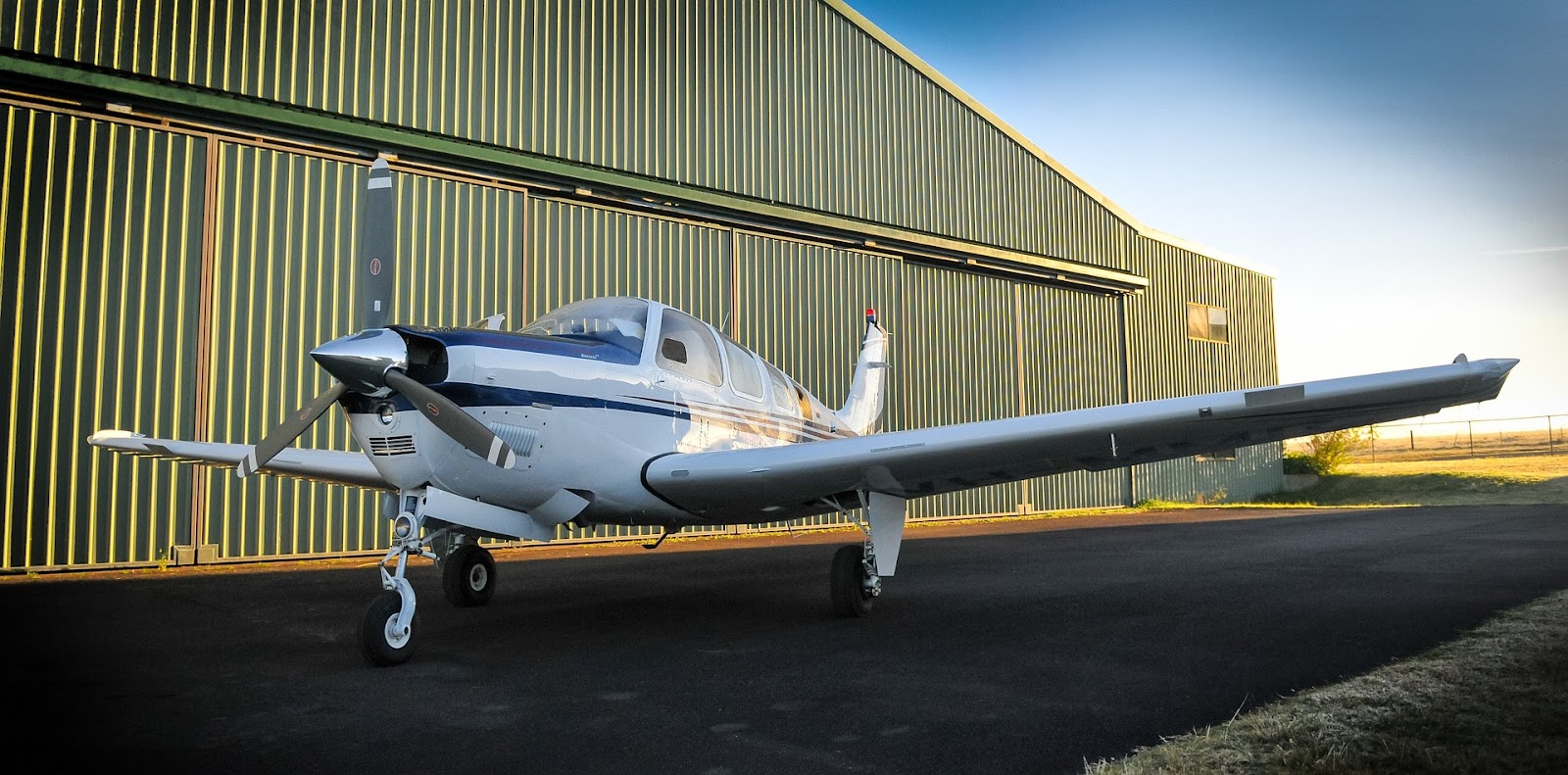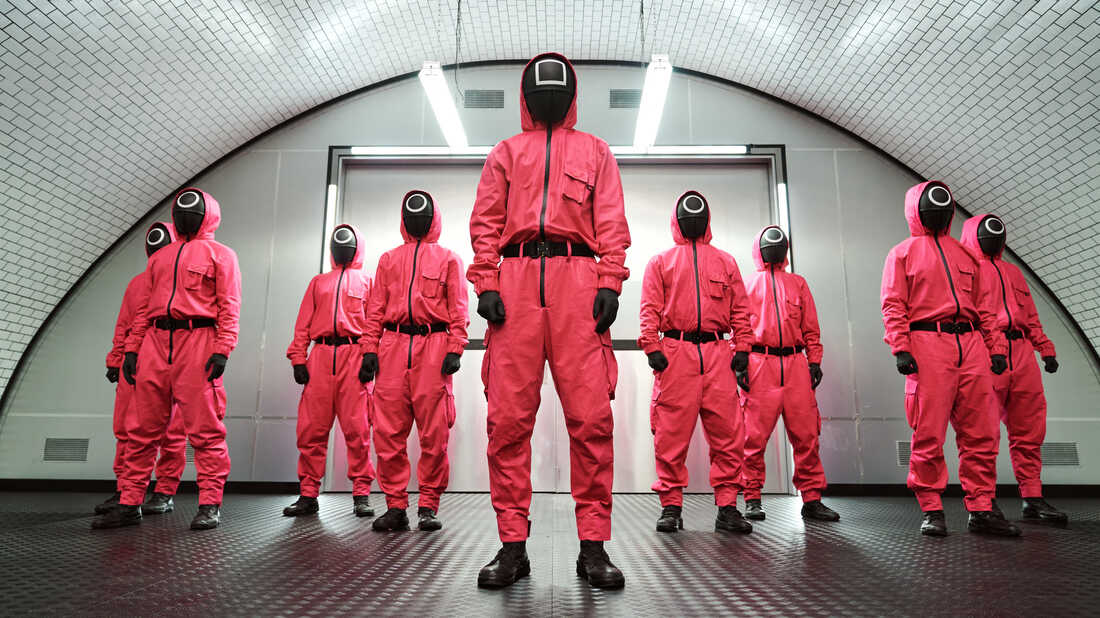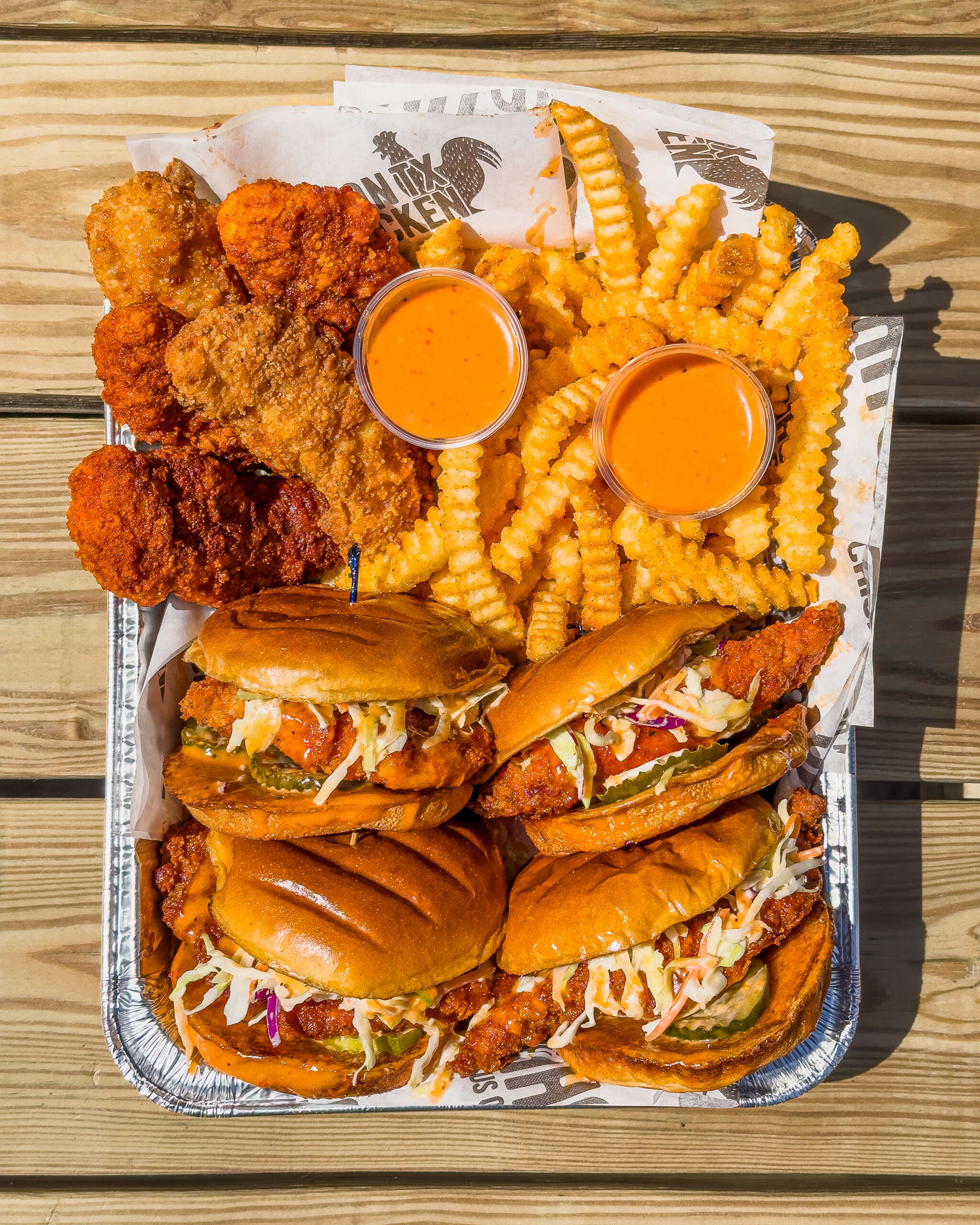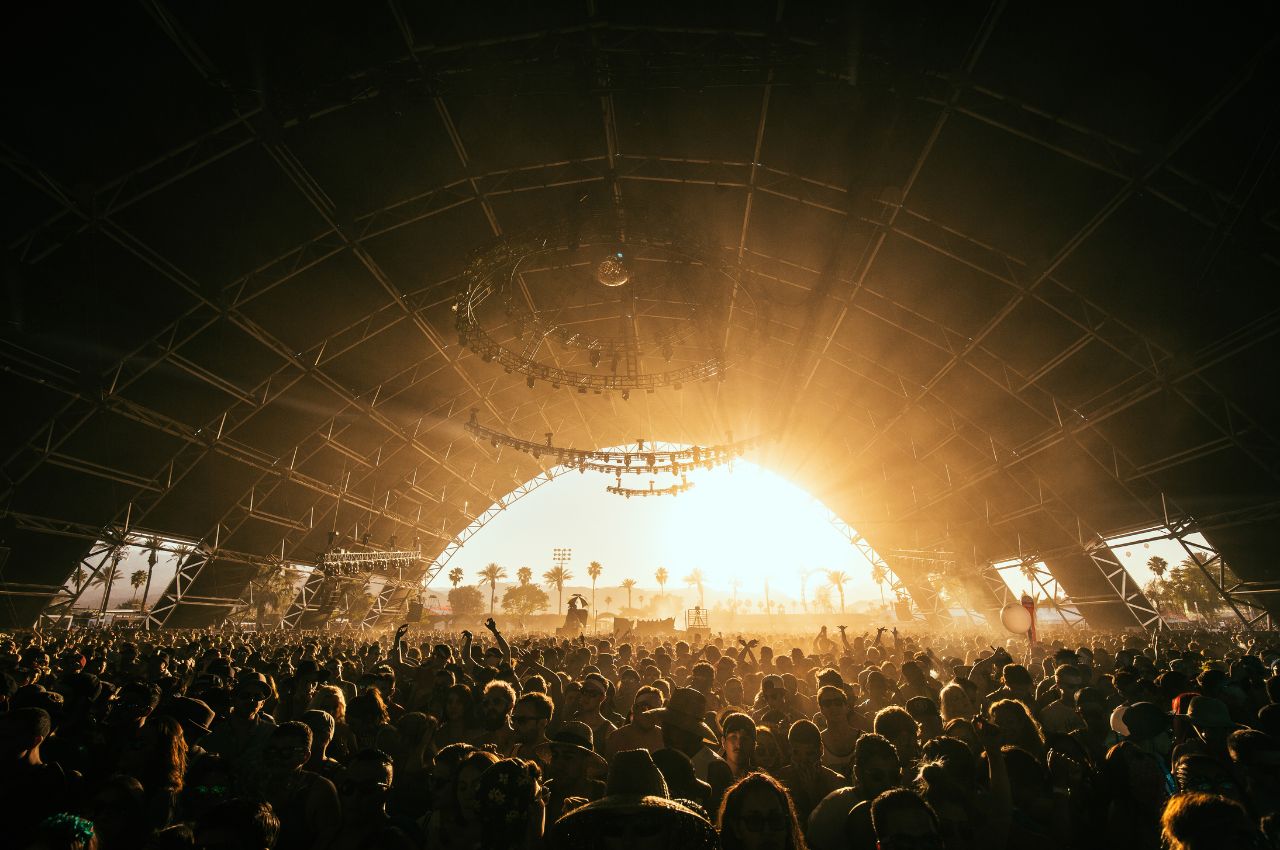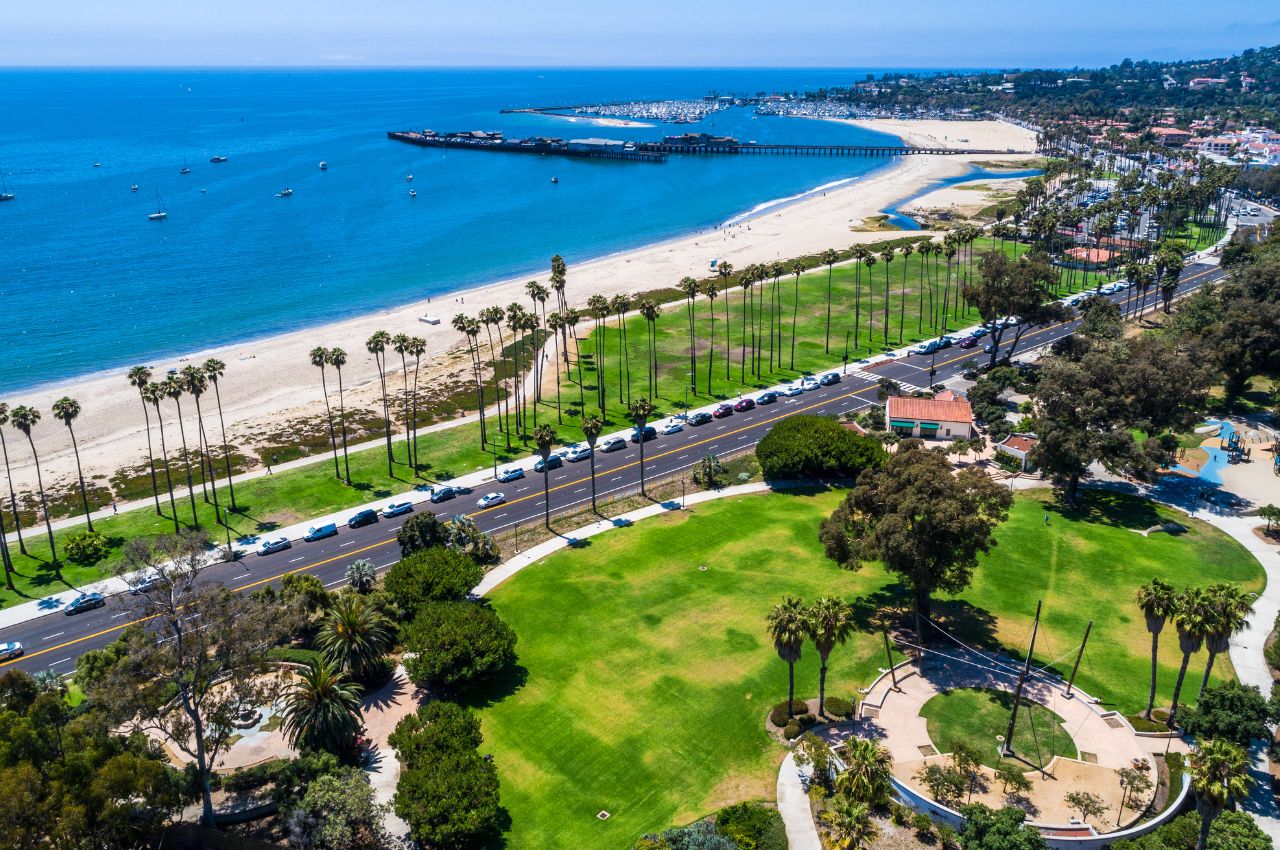The Rise of AI-Powered Dining
Forget the traditional restaurant scene; Southern California is taking a giant leap into the future with the launch of CaliExpress by Flippy, a trailblazing eatery that’s more sci-fi than diner. This isn’t just another burger joint; it’s the world’s first fully autonomous, AI-powered restaurant where robots rule the kitchen.
The idea of robots in kitchens isn’t new. Historically, the culinary world has seen the gradual integration of technology, from simple appliances to programmable machines. However, the level of sophistication at CaliExpress is unprecedented.
Opened in December in Pasadena at 561 E. Green Street, CaliExpress by Flippy is turning heads not just for its innovative use of technology but also for its bold promise of a new dining experience. Here, robots are not just assistants; they run the show.
Engineered by Miso Robotics, pioneers in AI-driven kitchen solutions, the robot chefs are more than just mechanical arms. Partnering with Cali Group and PopID, a biometric payment company, the team has created a space where technology isn’t just an add-on; it’s the main attraction.
Each robot is programmed to perform complex tasks, from flipping burgers to frying fries, all tailored to individual orders. The AI system learns and adapts, ensuring each meal is prepared to perfection. This place is part dining, part tech exhibition.
A New Era in Food Service
Speaking of exhibitions, CaliExpress by Flippy doubles as a pseudo-museum. It’s where food meets art and science. Guests can marvel at dancing robot arms, explore experimental 3D-printed artifacts, and immerse themselves in photographic displays that narrate the journey of this revolutionary technology.
But it’s not just about the spectacle. As John Miller, CEO of PopID, explains, this marriage of various technologies is the culmination of years of research and development. The aim? To create the most autonomous restaurant in the world.
Meanwhile, the small staff working alongside the robots can expect a new era in food service where efficiency and safety are significantly enhanced. On their part, customers express fascination and excitement. As one diner puts it, CaliExpress is not just about eating; it’s about experiencing the future.
Additionally, the eatery is a catalyst for change. It’s stimulating local job creation, not in traditional roles but in tech-focused positions. As a unique attraction, it’s drawing visitors from beyond Pasadena, boosting local tourism and business. It’s also a learning hub, inspiring students and entrepreneurs interested in the intersection of technology and hospitality.
Sustainability and Future Implications
One of CaliExpress’s less heralded but vital features is its commitment to sustainability. The precision cooking and portion control made possible by AI significantly cut down on food waste, which costs America’s restaurant industry $162 billion every year. Energy-efficient robotic systems mean a smaller carbon footprint. This is a blueprint for a more sustainable, waste-conscious restaurant industry.
For this and more reasons, CaliExpress by Flippy isn’t just a local novelty; it’s a model for global potential. This technology, if adopted more widely, could transform the global culinary landscape. From quick-service restaurants to fine dining, the implications are vast. This shift also reflects a broader trend in technology’s role in our lives, moving from supportive to central.
As Southern California welcomes this AI-powered marvel, the question on everyone’s mind is: What’s next for the world of dining? Only time, and perhaps a few more robots, will tell.
